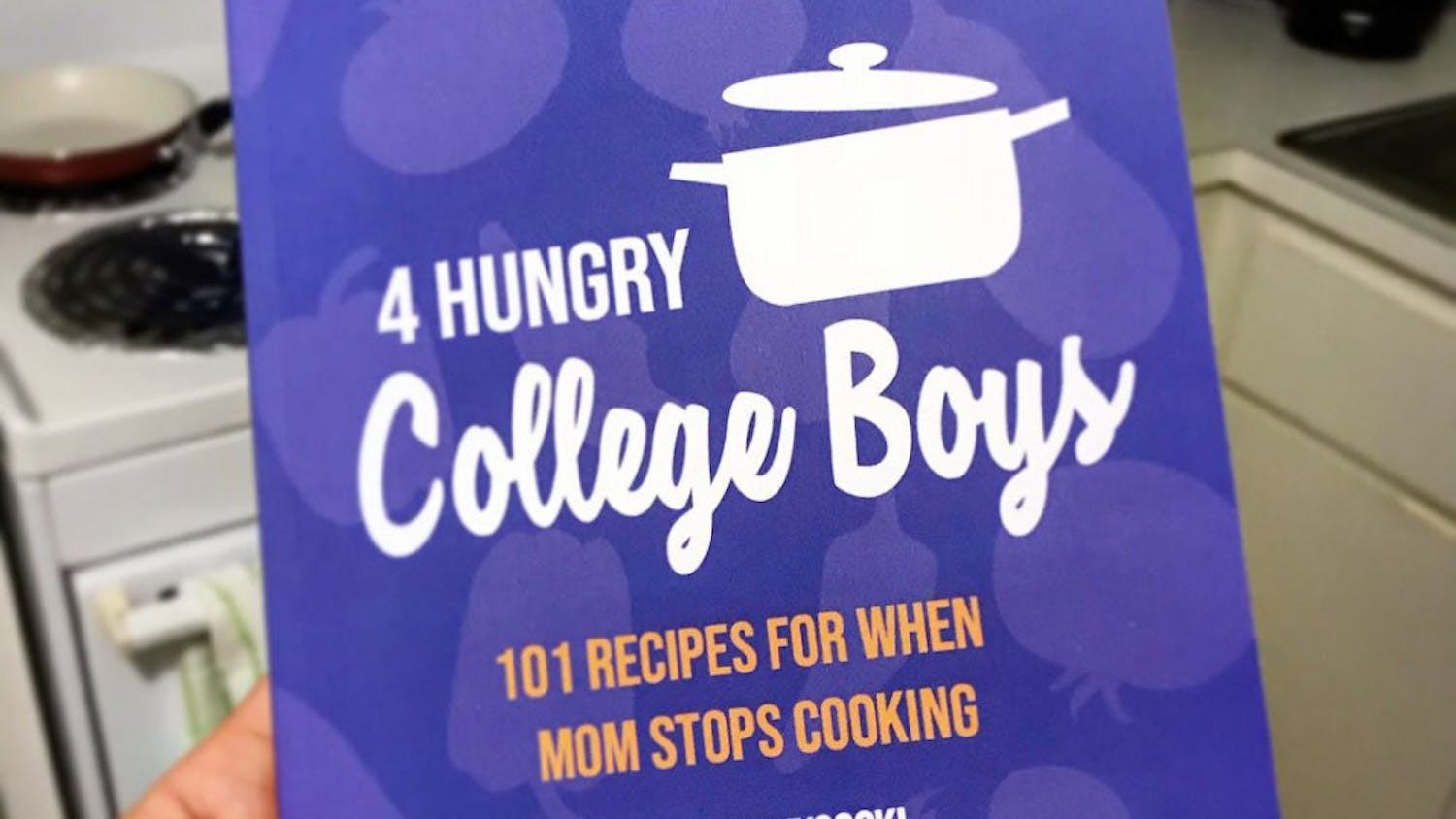Americans love cookbooks, and this is especially apparent in recent years. In 1961, 49 cookbooks were published. In 2001, more than 1,700 were published, with an astounding 530 million books on food and alcohol sold in the U.S. in 2000. Furthermore, cookbooks are the only genre of print books to maintain sales after 9/11 and to increase in sales during the 2009 recession.
Yet, we are in an era dedicated to convenience and time-saving meals, devoting less time to cooking. More people are buying meals and bringing them home, eating out or eating in the car. In fact, 30 percent of eating in the U.S. is now done in cars, with the 7-Eleven chain introducing “dashboard dining,” foods that are designed for convenient car consumption. Thus, an initial question arises: Are we reading cookbooks more than cooking from them? If so, are cookbooks teaching readers more than culinary skills?
A way to answer that is to look at the discourse offered in cookbooks, particularly cookbooks written by celebrity chefs. Since 2004, more than half of the top 25 best-selling general cookbooks sold on Amazon.com Inc. are cookbooks written by celebrity chefs, specifically stars from the television channel Food Network. Curious about this phenomenon, scholar Christine Mitchell explores the rhetoric of five celebrity cookbooks, questioning whether the cookbooks have culinary value or serve more as promotional material for the stars. Comparing cookbooks by Rachael Ray, Emeril Lagasse, Bobby Flay, Sara Moulton and the grande dame, Julia Child, Mitchell finds that much of the difference among the cookbooks in their instructional intent depends on gender. By looking at the rhetoric on the covers, introductions, images, recipes and endorsements, Mitchell suggests that the women concentrated on teaching readers about cooking as a practice to develop and continue, while the men’s cookbooks are more promotional material, focusing on their personal likes, dislikes and restaurants.
Is it that women, like their American predecessors — Amelia Simmons in the first genuine American cookbook in 1796 and influential Fannie Farmer in her 1896 “Boston Cooking-School Cook Book” — will continue to be the real teachers in the kitchen? There is no doubt that there are female celebrity chefs who covet and have earned the limelight — Giada de Laurentiis comes to mind — nor can we overlook men who have influenced the culinary habits of American home cooks. James Beard, Craig Claiborne and Mark Bittman are among the greats. The ultimate test for a celebrity cookbook is determining whether the venture would have a chance of standing on its own as a cookbook, or literary effort, had the celebrity sent it to the publisher under an unknown name. Some will be used more in the kitchen than others, regardless of gender.
See Toby Miller’s (2007) “Cultural citizenship: Cosmopolitanism, Consumerism, and Television in a Neoliberal Age” and Christine Mitchell’s (2010) “The Rhetoric of Celebrity Cookbooks” in “The Journal of Popular Culture.”
[A version of this story ran on page 9 on 6/19/2014 under the headline "Are celebrity cookbooks ‘culinary’?"]





